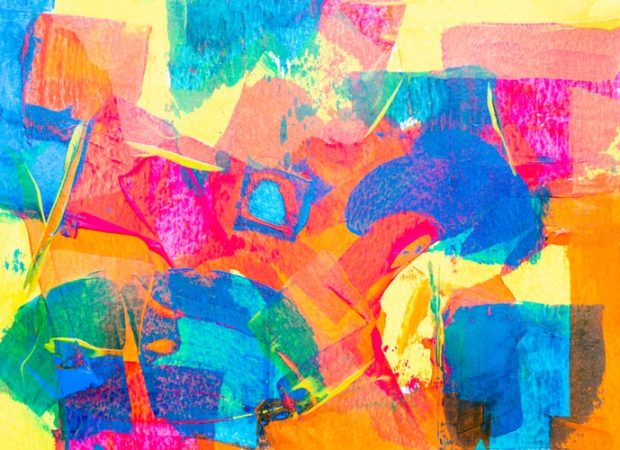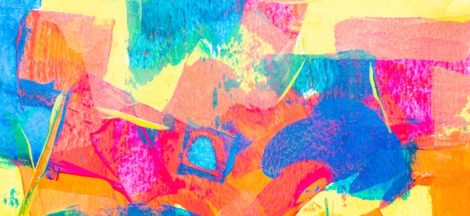This has been a long pending idea – to post ‘things to do after installing Ubuntu’ – ever since 12.04. Finally writing this as I had to do a fresh install of both the OSes I use (MS-Windows 10 technical preview & Ubuntu-Lunux) thanks to the earlier version of Win10 technical preview crashing completely. Anyway, here it goes…
1) Update Vivid Vervet
If you have downloaded the ISO and installed Vivid Vervet chances are that a number of packages have been updated since the ISO. Setup the network (WiFi/LAN) during the installation for auto updating the software. Or later, just do the following to upgrade even the kernel.
sudo apt-get dist-upgrade
I downloaded about 150mb of updates since the ISO version.
2) Install restricted extras
Proprietary and licensed software don’t come prepackaged in the ISO. To install a bunch of them use.
sudo apt-get install ubuntu-restricted-extras ubuntu-restricted-addons
About 62mb of further downloads. The above can be done while installing the OS as well.
3)Install driver for your graphic card or wireless chips
I own a Sony Vaio( Z46GD B) which has a NVidia GeForce 9300M GS graphics card. It’s difficult getting the correct windows driver many a time leave alone the LInux one. Thankfully, it’s fairly simple to update them thanks to the graphical ‘Additional Drivers’.
Be extremely careful to read up on your graphic card specific bugs/issues before you do this. I have had issues with NVidia drivers screwing up graphical display before. If you are not sure, the default X.org nouveau display driver works absolutely fine.
In case X is screwed up, remove NVidia drivers from command line on bootup and restart to use nouveau drivers
sudo apt-get autoremove –purge nvidia-*
4) Disable search
Since a couple of versions, online search results has been the most annoying thing to happen in the ubuntu dash. Simply disable it from
Settings >> Security & Privacy >> Search
While there, if you are paranoid like me, disable sending out error reports to Canonical developers and disable indexing of some files if you wish.
Settings >> Security & Privacy >> Diagnostics (uncheck)
Settings >> Files & applications >> Diagnostics (uncheck)
5) Library to play DVDs
Install a few libraries to play DVDs
sudo apt-get install libdvdread4
sudo /usr/share/doc/libdvdread4/install-css.sh
6) Install those must have programs
A few programs that I always end up using are not installed by default. Use the Ubuntu software center or the command line (sudo apt-get install xyz) to install
VLC
Gimp
Darktable
Inkscape
Deluge
Openshot
Skype
Winehq
Java
Mixxx
7) Disable unnecessary startup programs
One big surprise is that Windows 10 boots and logs-in much faster than Ubuntu. To get system login speeds up and to hidden Startup Applications use the command below in the and uncheck the unneeded applications during login process.
sudo sed -i ‘s/NoDisplay=true/NoDisplay=false/g’ /etc/xdg/autostart/*.desktop
8) Desktop effects
A few years back, I had the obsession to make my Linux desktop look like MacOSX. Cairo dock and Compiz do a wonderful job of simulating same with some tweaks
sudo apt-get install cairo-dock cairo-dock-plug-ins
sudo apt-get install compiz compizconfig-settings-manager compiz-plugins-extra
9) Cleanup old kernels
If you are updating Ubuntu OSes continuously, the old Kernels are all there eating up space. Check your current kernel version with the first command below and remove the rest with the next one.
uname -r
dpkg -l | grep linux-image-xxxxxxxx
The easier way is to install synaptic package manager and check the old kernels for complete removal.
10) Cleanup Grub boot menu
If you have cleaned up old kernels, Grub would not show the old kernels. However, if you want to rename the OS versions, install Grub Customiser which makes it simple for you
sudo add-apt-repository ppa:danielrichter2007/grub-customizer
sudo apt-get update
sudo apt-get install grub-customizer
That’s my list of tweaks. If you think, there are some critical ones I missed, do let me know by leaving a comment

